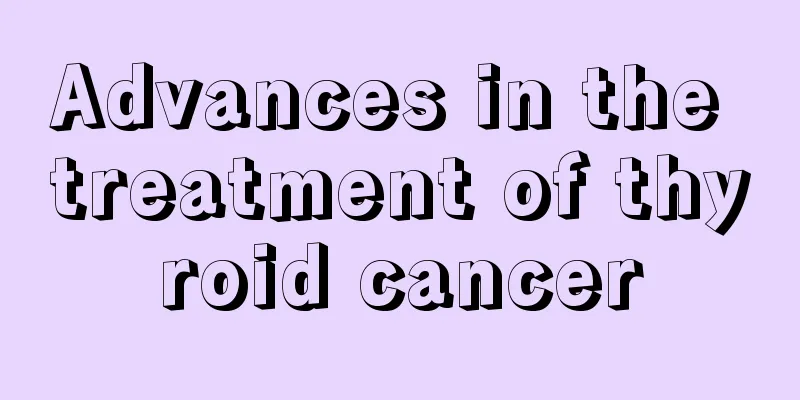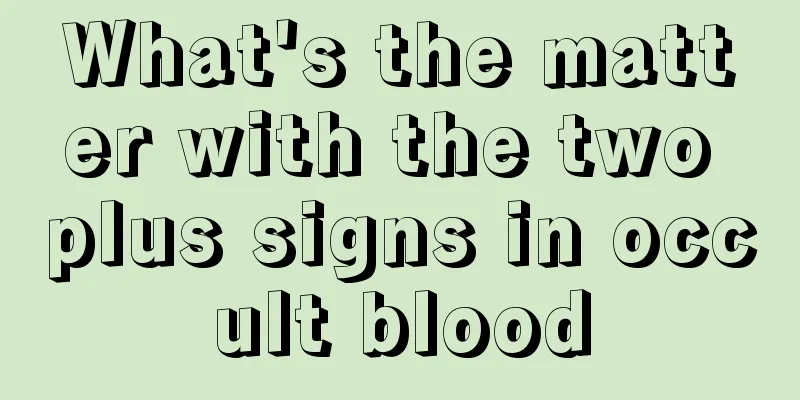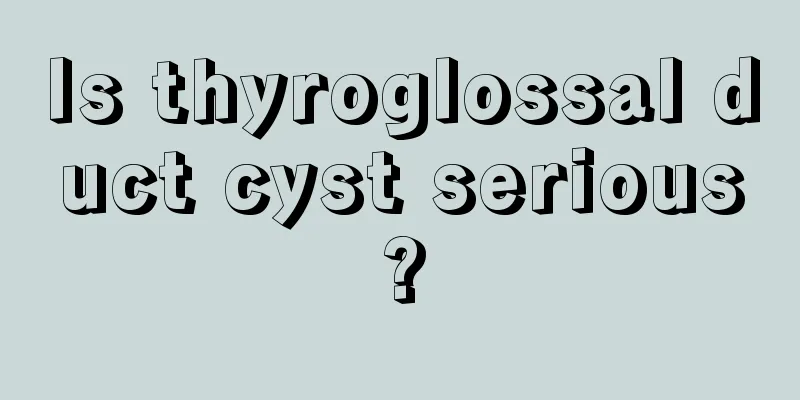Advances in the treatment of thyroid cancer

|
There may be more and more friends around us suffering from thyroid cancer. Because this disease is very harmful, many of our patients and friends are in deep distress. I hope everyone can take this disease seriously and strive to achieve early detection and early treatment. The following is the progress in the treatment of thyroid cancer. Treatment of thyroid cancer: Selection of the first treatment method: Patients are divided into several risk groups based on their age, gender, size, extent, histological grade, DNA ploidy of the primary tumor, and presence of distant metastasis, so as to facilitate the selection of treatment options. Male patients aged over 45 years are high-risk patients; high differentiation malignancy, large primary tumor, thyroid invasion, and distant metastasis are high tumor risks. Female patients aged under 45 years, tumors confined to the gland, good tissue differentiation, and no distant metastasis are low-risk patients. Understanding the factors related to clinical prognosis is very helpful in understanding the surgical indications for total thyroidectomy. Patients with distant metastasis, diffuse involvement of the entire thyroid gland, multiple nodules in both thyroid lobes, and extensive invasion outside the thyroid gland all require total thyroidectomy; a single nodule confined to one thyroid lobe is an indication for ipsilateral thyroid lobe resection. Grouping according to patient risk and tumor risk is very helpful in guiding the selection of the first treatment plan. Surgical treatment: Surgical treatment of thyroid cancer includes surgery on the thyroid itself and neck lymph node dissection. There are still differences in the scope of thyroid resection, with the smallest range being lobe and isthmus resection and the largest being total thyroid resection. Endocrine therapy: Patients who undergo subtotal or total thyroid resection should take thyroxine tablets for life to prevent hypothyroidism and inhibit TSH. Both papillary adenocarcinoma and follicular adenocarcinoma have TSH receptors, and TSH can affect the growth of thyroid cancer through its receptors. Radionuclide therapy: For papillary adenocarcinoma and follicular adenocarcinoma, 131 iodine radiotherapy is used after surgery. It is suitable for patients over 45 years old, multiple cancer foci, locally invasive tumors, and those with distant metastases. After reading this knowledge, everyone knows how to treat thyroid cancer. The arrival of thyroid cancer directly affects the patient's health and will also bring a lot of pain. Therefore, friends should be alert to the occurrence of thyroid cancer, and need to clearly understand the treatment methods of this disease and prevent the disease as early as possible. |
<<: Pay attention to various examinations for thyroid cancer
>>: What are the hazards of thyroid cancer at each stage
Recommend
Ovarian tumor symptoms, common clinical symptoms of ovarian tumors
When an ovarian tumor occurs, there will be sympt...
Most ovarian cancer patients will have symptoms of no changes in menstruation
Usually, the symptoms of ovarian cancer are not e...
Can figs be kept in the refrigerator?
Figs are a food with relatively high nutritional ...
Effects and precautions of fumigation with pepper water
Sichuan pepper has the effects of analgesia, anti...
The difference between ion and laser
We all know that with the development of science ...
How to care after pancreatic cancer surgery
When diagnosed with pancreatic cancer, you should...
Where is the psoas muscle located
The term lumbar muscle strain appears frequently ...
The main early symptoms of gastric cancer
Among cancer diseases, gastric cancer is also ver...
I lost weight but my body shape didn't change, what's going on?
Obesity is a very common condition in people'...
How to preserve honey in summer
Honey is one of the common foods in our daily lif...
What is the function of a temporary cardiac pacemaker
Everyone knows that there are two types of pacema...
Do breasts get bigger the more you massage them?
In order to achieve the goal of breast enhancemen...
How much TSH should be given for hemisection of thyroid cancer?
There is no clear clinical regulation on how much...
Men should be alert to the following 3 situations when urinating, which may be signs of prostate cancer
When it comes to cancer, many people are afraid a...
Can pancreatic cancer be transmitted through saliva?
Pancreatic cancer is one of the common malignant ...









